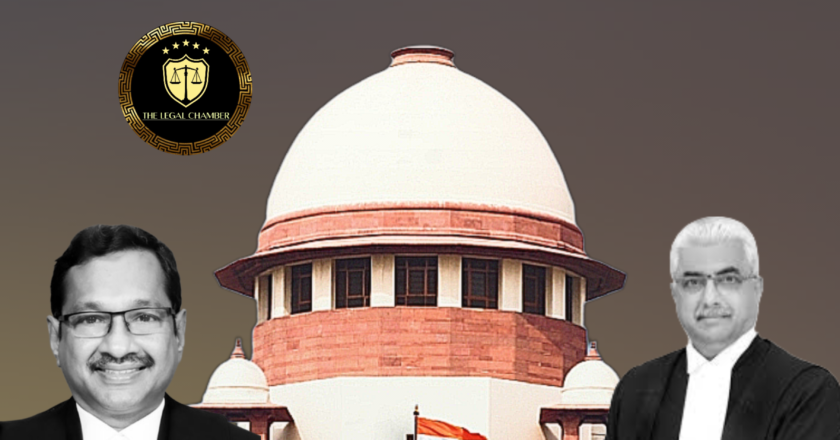Forced Marriage to Murder: The Shocking Case of Kum. Shubha & the Tragic Crime
The Supreme Court upheld the conviction of the appellants under Section 302 read with Section 120-B IPC for conspiring to murder the deceased, relying on circumstantial evidence, including Call Detail Records (CDRs) and motive established through witness testimonies. The Court clarified the admissibility of electronic evidence under Section 65-B of the Evidence Act and emphasized that constitutional powers under Article 161 (pardoning power of the Governor) remain exercisable despite statutory remission rules. The judgment reaffirmed the principles of Sharad Birdhichand Sarda for circumstantial evidence while dismissing appeals but allowed the convicts to seek pardon.
Facts Of The Case:
In December 2003, Kum. Shubha (A-4), a 20-year-old law student, was engaged to B.V. Girish (deceased),...

